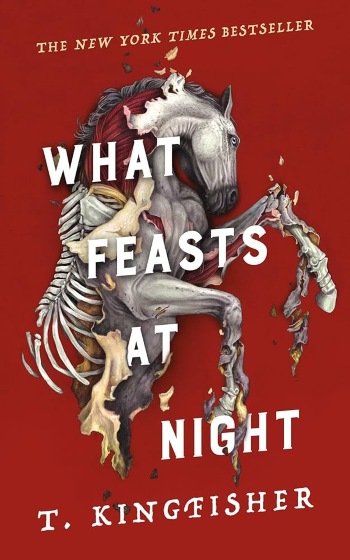Gone Girl, Gillian Flynn
Writing this Gone Girl book review was both a thrill and a challenge. Flynn’s ability to weave psychological tension with profound social commentary makes this novel a complex and multifaceted masterpiece that’s difficult to summarize in a single review.
In this Gone Girl book review, we explore one of the most intense psychological thrillers of recent times. Gillian Flynn’s Gone Girl captures the toxic complexities of marriage, filled with deceit and manipulation. This book review highlights the novel’s riveting characters, intricate plot, and deeper thematic elements that resonate long after the final page.

The Unreliable Narrators
Gone Girl thrives on its dual narration, alternating between Nick and Amy Dunne’s perspectives. Flynn expertly plays with the idea of unreliable narrators, making readers second-guess everything.
- Nick Dunne: From the start, Nick appears suspicious, especially as his wife Amy disappears. His evasive behavior suggests he’s hiding more than he lets on.
- Amy Dunne: Her diary entries paint her as the victim, but her character darkens as the story progresses.
- Plot twists: The unexpected turns keep readers guessing, making it difficult to trust any character.
- Themes of control: Both Nick and Amy manipulate the reader’s perception, controlling the flow of information.
- Marriage as a battleground: Flynn portrays marriage as a warzone, where each spouse fights to dominate the other.
The dual perspectives turn the novel into a masterclass in psychological warfare, keeping readers on their toes.

A Quote That Captures the Darkness
“I am a wife. I am not stupid. I am not a doormat. I am loved. I am a fighter. I am a killer.”
This chilling line from Amy’s diary shows her complex, contradictory nature. She embodies many roles, switching from victim to aggressor. As this review of this novel unfolds, we see that Amy’s transformation challenges the conventional “good wife” trope, revealing her to be a deeply manipulative character.
Themes That Drive the Plot
The Gone Girl book review dives into key themes that make the novel unforgettable. Flynn tackles issues such as gender roles, media influence, and the fragility of perception.
- Perception vs. Reality: Nothing is what it seems. Flynn blurs the line between truth and lies, forcing readers to question everything.
- Gender roles: The novel critiques how women, like Amy, mold themselves into the “cool girl” ideal to fit male fantasies.
- Moral ambiguity: Neither Nick nor Amy is clearly good or evil, pushing readers to confront their own judgments.
- Media frenzy: The sensationalized media coverage of Amy’s disappearance shows how public opinion can be shaped by spectacle over truth.
- Revenge: At the heart of the novel is Amy’s thirst for revenge, but it also serves as a broader critique of societal expectations.

These themes elevate the novel beyond a simple thriller, offering sharp commentary on human behavior and society.
A Shocking Revelation
“The truth is malleable; you just need to be skilled at convincing people of your version.”
This quote reflects the power of manipulation central to the story. Both Nick and Amy are masters at bending the truth, reshaping reality to fit their narratives. Flynn critiques how easily perception can be altered depending on who tells the story. In this Gone Girl book review, it’s clear that manipulation lies at the novel’s core, and it keeps readers emotionally engaged with the characters.
The book’s final act offers a twist that redefines justice within the context of this toxic relationship. Nick and Amy’s actions, though extreme, make readers question what justice truly means in such a complex, twisted marriage.
Final Thoughts on Gone Girl
Gone Girl isn’t just a mystery; it’s a psychological study of human nature. This Gone Girl book review highlights how Gillian Flynn skillfully uses character development and a plot full of twists to keep readers invested. The novel’s ending, though divisive, leaves an unforgettable impact and challenges conventional ideas of morality, marriage, and love.
Flynn’s sharp prose, combined with her innovative plot structure, creates a gripping read. Each page heightens the tension, and by the end, readers are left with more questions than answers. That uncertainty is exactly what makes Gone Girl so memorable.
Ultimately, Gone Girl pushes readers to reflect on the nature of relationships and the ways in which we manipulate others and ourselves. Flynn’s novel stands out for its ability to blend a thrilling mystery with profound commentary on marriage, identity, and power.







